Lawyer Ahmednassir Abdullahi has defended Justice Esther Maina named by Deputy President Rigathi Gachagua in his latest purge against the Judiciary.
In a statement shared on Monday, January 15, the lawyer disagreed with the Second in Command insisting that Justice Maina was not compromised.
According to Ahmednassir, the judge has kept a clean record from serving as a magistrate all the way to the High Court.
Justifying his sentiments, Ahmednassir recalled confronting Justice Maina in court accusing her of favouring the government side but ended up understanding her legal thought processes.
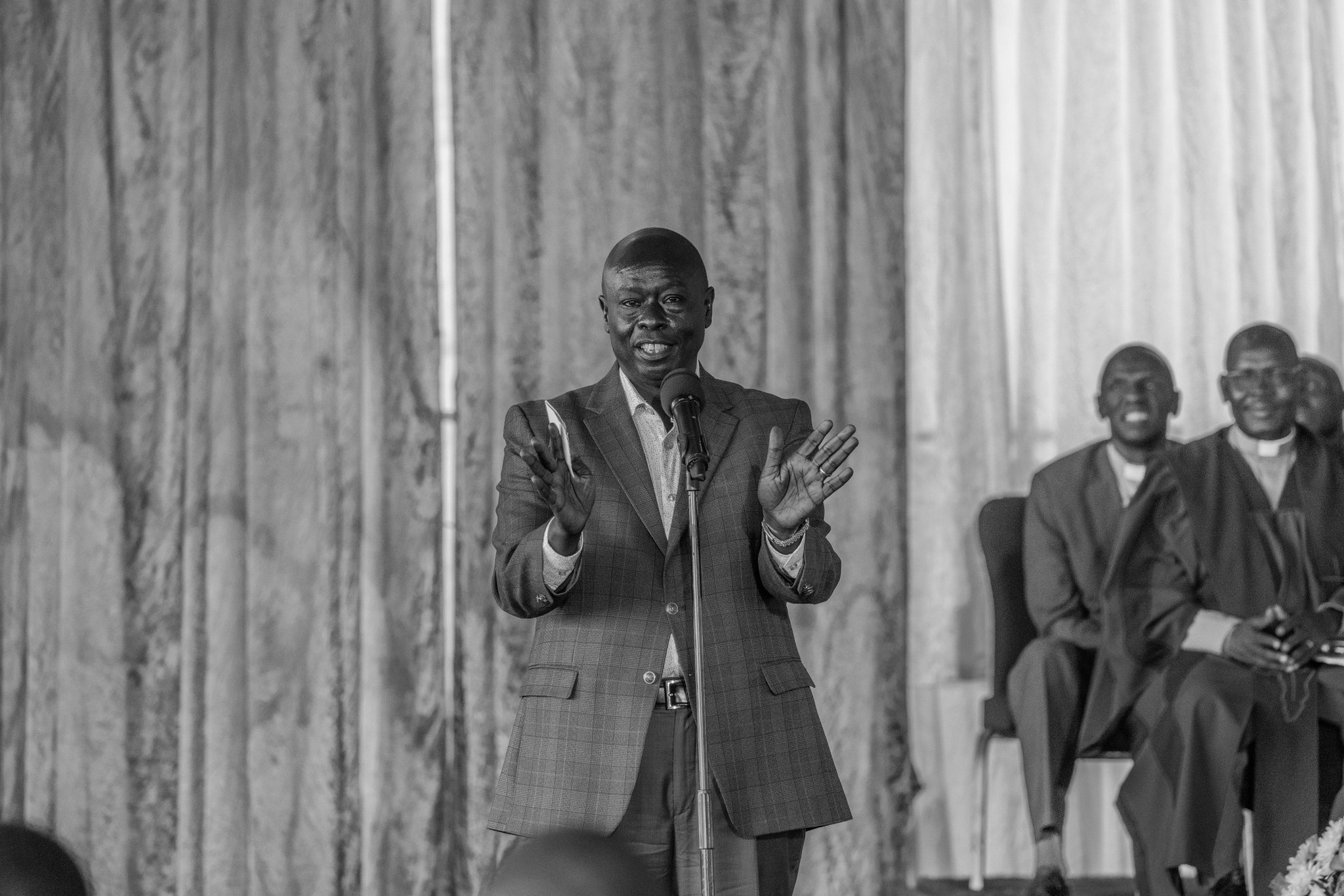
Read More
"Deputy President Gachagua is plainly wrong on this. Justice Maina is a principled judge who has a clean record from the magistracy to the High Court," he wrote.
"I have strongly disagreed with her on the few occasions I appeared before her, and I told her in court that I found her too "pro-government." But she isn't a judge one can accuse of corruption or incompetence," the lawyer insisted.
Gachagua had vowed to file a petition on Thursday seeking the removal of Justice Maina from office. Speaking in Elgeyo Marakwet on Sunday, January 14, the Deputy President said he would follow Chief Justice Martha Koome's advice and seek the removal of Justice Maina.
Gachagua said Justice Maina unceremoniously declared his fortune proceeds of crime.
"On Thursday, this coming week at 2:15 pm, I will personally present a petition before Lady Chief Justice Martha Koome against Justice Esther Maina for her removal from the Judiciary for misconduct and corruption," Gachagua said.
Gachagua lamented that Justice Maina denied him the opportunity to be heard against all the rules of evidence and that she even refused his application to cross-examine the investigator of his case.
He made the sentiments in response to Chief Justice Martha Koome's directive. The CJ had asked the Executive to file complaints against judges accused of graft instead of making public statements.
Koome vowed to analyse their evidence before giving a verdict.
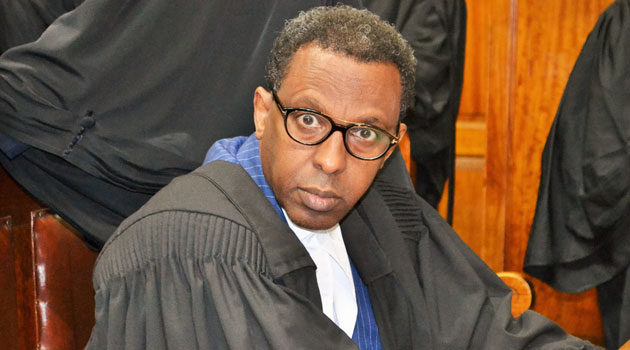
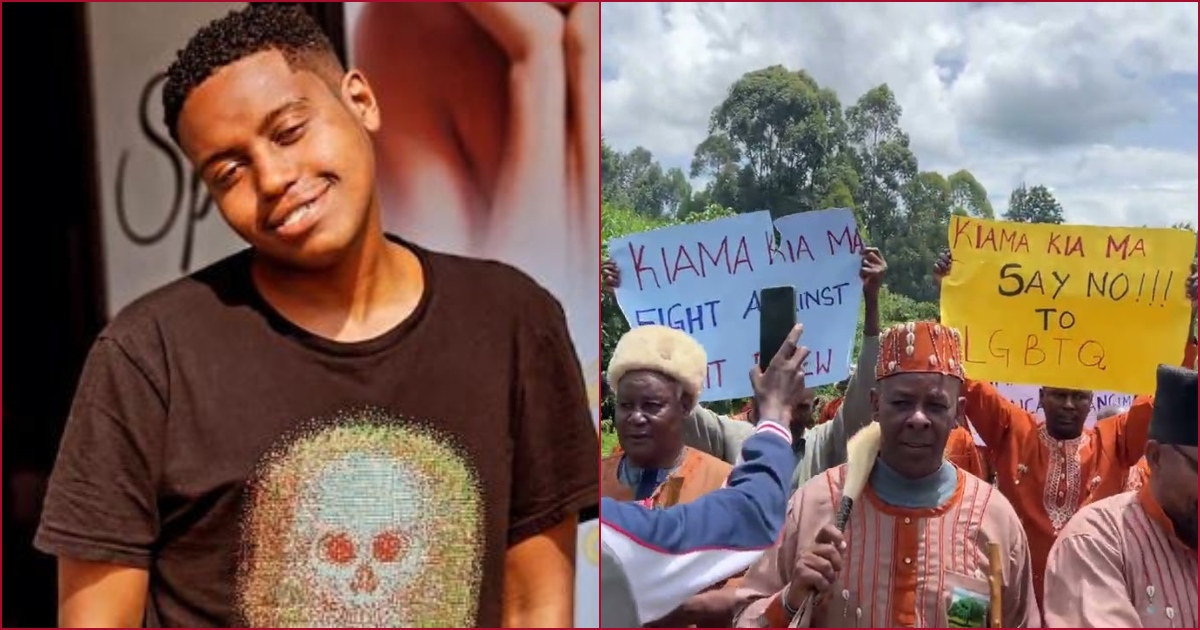
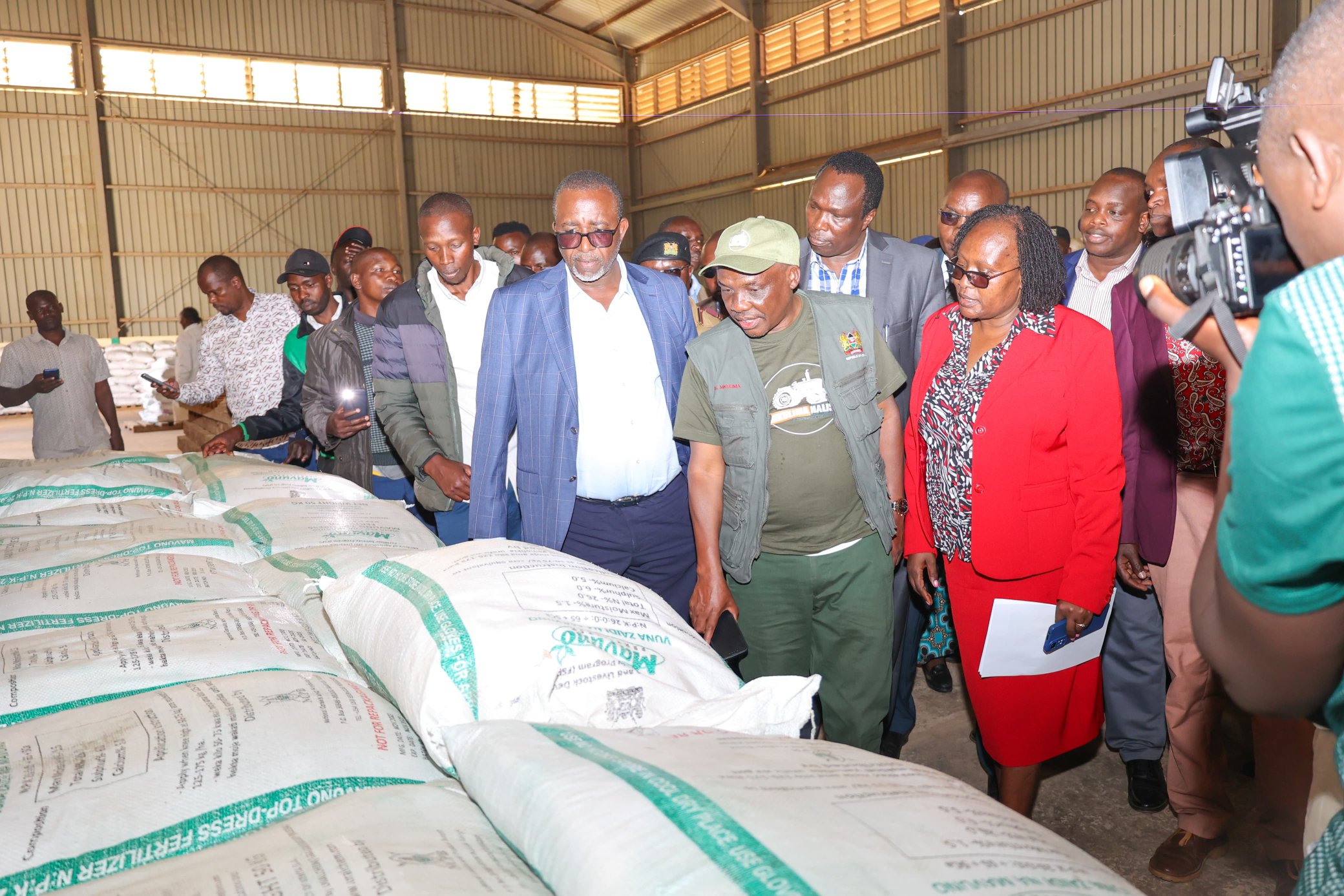
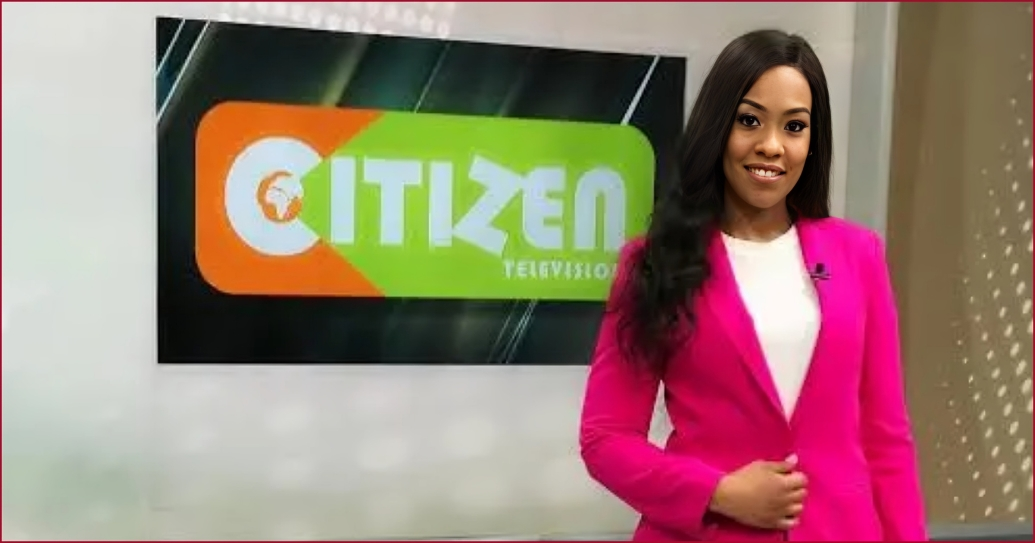
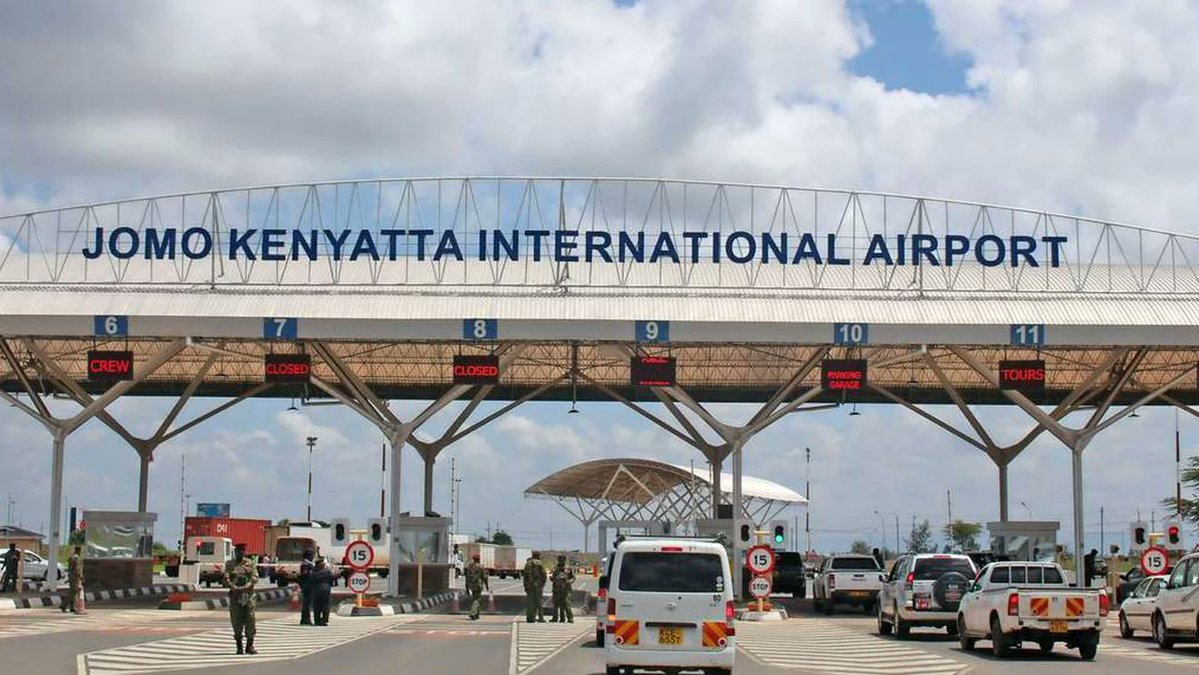

-1714135201.jpg)